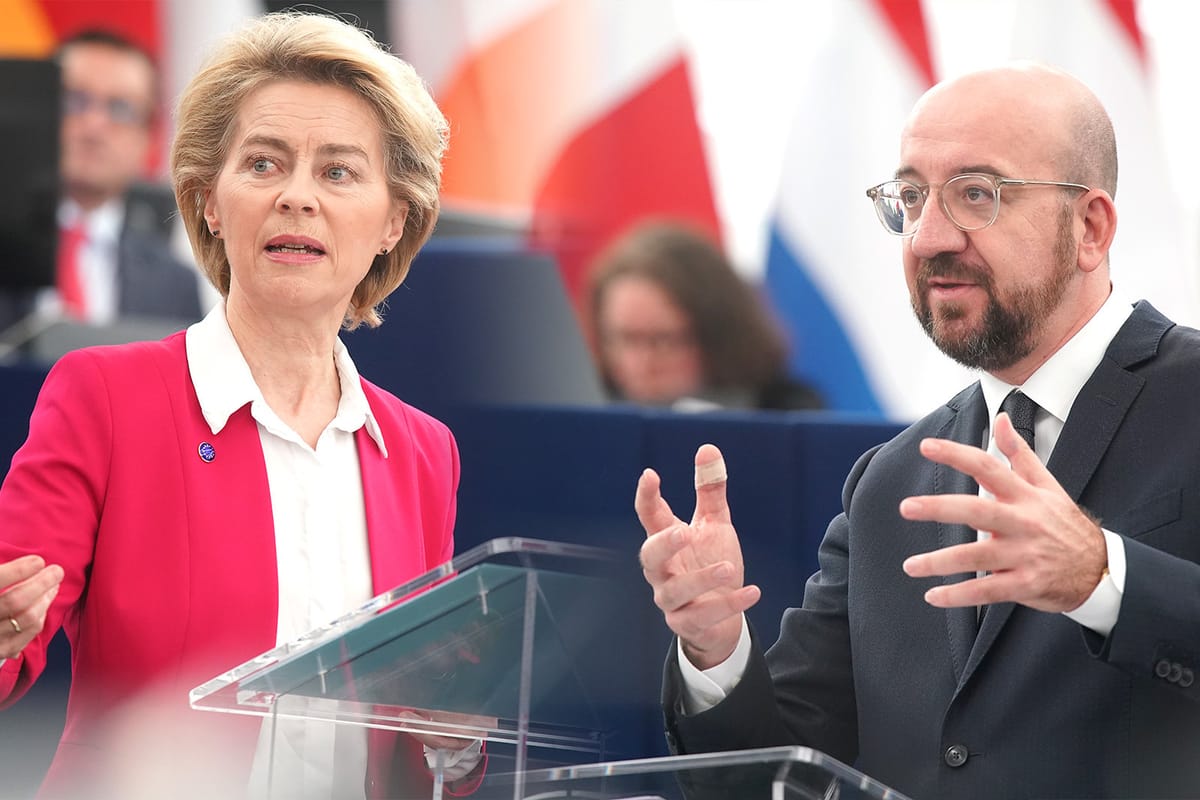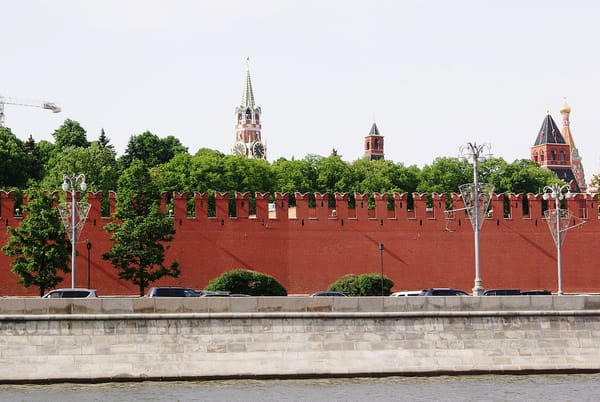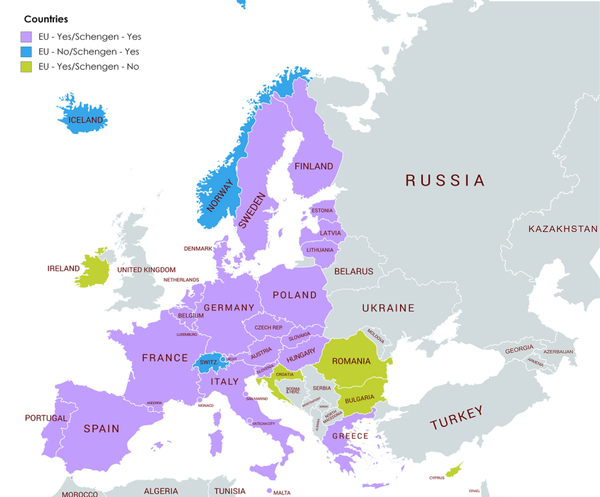
EU leaders clash over plans to enlarge by 2030
The EU’s two top institutions seemed to be suffering from a lack of agreement – and even consultation – over enlargement last week as European Council President Charles Michel proposed a 2030 target for the EU for candidate countries in southern-eastern Europe.
“Enlargement is no longer a dream… it is time to move forward,” Michel said Monday at the Bled Strategic Forum in Slovenia, where leaders from the Western Balkans had gathered. Michel underlined that he wants Europe to be ready for enlargement by 2030, as the EU gears up for a renewed debate about its future size.
Accession date not priority for von der Leyen
However, the European Commission, led by President Ursula von der Leyen, immediately pushed back against the European Council president’s remarks. Dana Spinant, the Commission’s deputy spokesperson, said Tuesday that the Commission’s primary focus is to ensure candidate countries are adequately prepared for EU membership and that setting a specific date is not the central concern.
This ongoing tension between von der Leyen and Michel, who have been referred to as “Europe’s odd couple” comes at a time when the issue of EU enlargement is gaining prominence in Brussels. French President Emmanuel Macron also weighed in on Monday, suggesting a “multi-speed” approach within the EU regarding accession of new countries.
This suggestion comes as some Balkan nations have been waiting for years to join the EU, but they must first meet a range of requirements outlined in the legal framework. While eight countries formally hold candidate status, for many the accession process has stalled. Ukraine and Moldova were both granted candidate status last year. In the case of Turkey, the process has been officially put on hold.
EU leaders have scheduled discussions on this topic for a summit in October, as accession has climbed back onto the centre of the agenda due to the conflict in Ukraine.
Michel wants long-term EU budgets to account for expansion
“There is still a lot of work to do: it will be difficult,” Michel said on Monday, but called for the next long-term EU budget to take enlargement goals into account and for the EU to consider adapting its institutional framework for a larger form.
On the issue of the vetoing ability of EU members, he said “completely scrapping unanimity could be throwing the baby out with the bath water. This will be a hard nut to crack… but there is no way to avoid this debate now”.
The biggest challenge, Michel said, may be convincing Europeans on enlargement: “we need to make sure we have the hearts of the people with us.” He said “enlargement is and will remain a merit-based process,” that respects the rule of law, European economic standards and aligning with Brussels on foreign policy.
Spinant underlined likewise that the enlargement process is inherently merit-based, and candidate countries should only be granted EU membership once they have fulfilled rigorous entry criteria.





